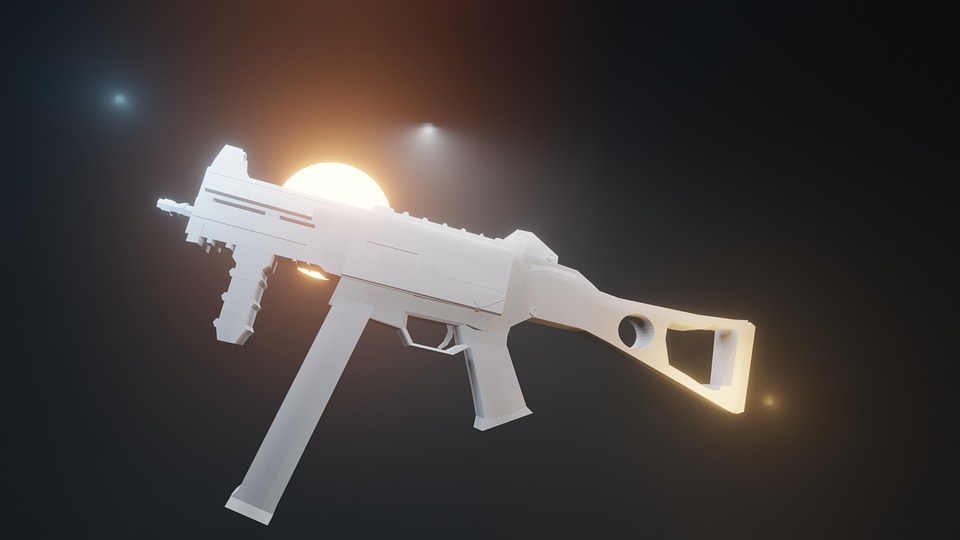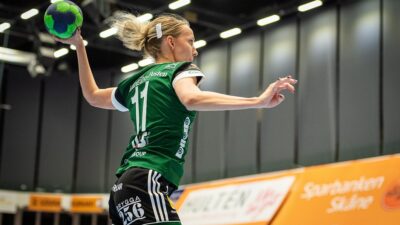In recent years, gaming has transcended mere entertainment to transform into a highly competitive and lucrative industry. With the rise of esports, understanding the psychological aspects of competitive gaming has become increasingly important. The mindset of a gamer, particularly at high levels of competition, is not just about strategy and skill; it also revolves around mental fortitude. This article explores key psychological elements that contribute to a gamer’s performance in competitive environments.
The Role of Mental Resilience
Mental resilience is vital for any competitive gamer. It’s about the ability to bounce back from setbacks, maintain focus under pressure, and push through stressful situations. In esports, events can be fast-paced and unpredictable; one wrong move can lead to immediate defeat. Thus, developing resilience helps gamers persevere through frustrating losses and navigate the intense emotional rollercoaster that competitive play often entails.
Strategies for Building Resilience
-
Structured Practice: Consistent, focused practice helps gamers familiarize themselves with various scenarios, preparing them mentally for unexpected challenges during competitions.
-
Mindfulness Techniques: Practices such as meditation and deep breathing can help players stay calm and focused. Being present in the moment allows them to make better decisions and reduces anxiety.
- Positive Self-Talk: Reinforcing a positive mindset through affirmations can improve a player’s outlook. Instead of dwelling on mistakes, successful gamers often remind themselves of their capabilities and achievements.
The Importance of Emotional Regulation
In competitive gaming, emotions can run high. Anger, frustration, and anxiety are common, and they can significantly impact performance. Emotional regulation—being aware of, and managing one’s emotions—is essential for maintaining peak performance. Gamers who can keep their emotions in check will perform better, especially during critical moments in matches.
Techniques for Emotional Regulation
-
Recognizing Emotional Triggers: Understanding what triggers negative emotions can help players prepare and devise strategies to cope with them.
-
Developing Coping Mechanisms: These may include timeout strategies, where gamers take a brief moment to reset after a stressful event, allowing for a clearer mindset moving forward.
- Engaging in Physical Activity: Exercise has been shown to improve mood and cognitive function. Incorporating physical training can serve as an outlet for built-up stress.
The Need for Focus and Concentration
High-level gaming demands sharp focus and the ability to concentrate for extended periods. Distractions—both internal and external—can derail even the most skilled players. Developing the ability to maintain concentration through rigorous training and practical techniques is essential to elevate a player’s game.
Techniques for Enhancing Focus
-
Goal Setting: Establishing clear, achievable goals can help gamers maintain focus. Whether it’s aiming for a specific rank or mastering a new strategy, having goals provides direction.
-
Visualization Techniques: Many athletes use visualization to prepare mentally for competitions. Gamers can benefit from envisioning themselves executing strategies successfully during high-stakes moments.
- Breaks and Downtime: Understanding the importance of mental breaks can help avoid burnout. Scheduled downtime allows the mind to rest and recuperate, ultimately enhancing focus during play.
Team Dynamics and Psychology
Besides individual attributes, the psychology of a gamer is also influenced by teamwork. In team competitions, dynamics such as communication, trust, and social cohesion can significantly affect performance. Understanding interpersonal relationships and group dynamics helps gamers navigate the complexities of team play.
Building Strong Team Dynamics
-
Effective Communication: Establishing open lines of communication fosters trust and makes players more comfortable sharing insights and strategies.
-
Conflict Resolution Skills: Conflicts can arise during high-stress situations. Knowing how to resolve disagreements constructively is crucial for maintaining team morale.
- Team-building Activities: Engaging in activities outside of gaming can strengthen bonds and improve teamwork, enhancing overall performance when it matters.
Conclusion
The psychology of a gamer in competitive play manifests as a complicated interplay of various mental and emotional factors. Mental resilience, emotional regulation, focus, and teamwork all play critical roles in determining a player’s success. By understanding and cultivating these psychological elements, gamers can enhance their performance and face the challenges of competitive gaming with greater mental fortitude. As esports continues to evolve, recognizing the importance of mental health and psychology will be essential for aspiring players and established professionals alike.



